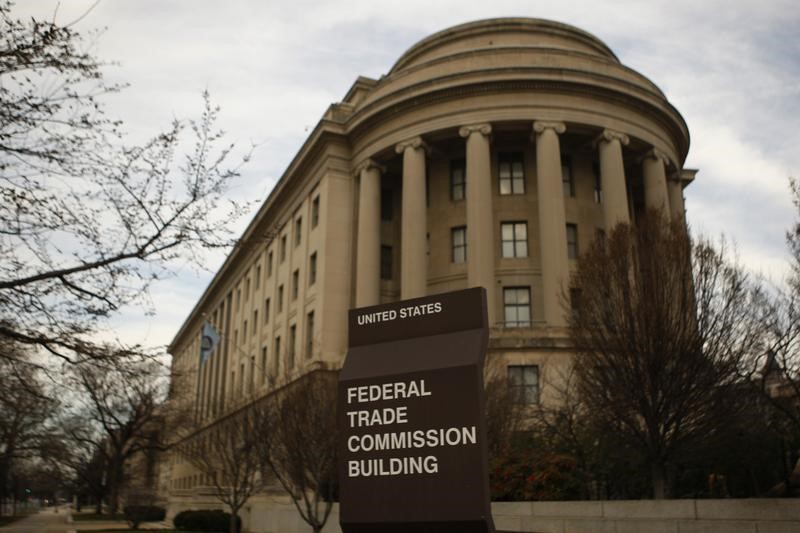By Diane Bartz
WASHINGTON (Reuters) - Branded drug companies hammered out far fewer deals with generic drug makers to delay sales of cheaper medicines in the year after the Supreme Court ruled the Federal Trade Commission could legally pursue such agreements as potentially illegal.
The FTC, which has fought the practice for years, said that pharmaceutical companies reached 21 of the "pay-for-delay" deals in fiscal 2014, compared with 29 in 2013 and a record 40 in 2012.
The Supreme Court ruling said in June 2013 that the deals could potentially be a violation of antitrust law but refused the FTC's request to declare them to be presumed to be illegal.
In a typical pay-for-delay deal, a branded drug company will give a generic firm money or some other consideration in exchange for the generic firm's agreement to delay bringing out a cheaper version of the medicine.
The FTC said it was pleased with the drop in the number of the deals. "Although it is too soon to know if these are lasting trends, it is encouraging to see a significant decline in the number of reverse payment settlements," said Debbie Feinstein, director of the FTC's Bureau of Competition, in a statement.
The FTC did not say which drug makers were involved in the 21 deals but did say that the 2014 agreements involved 20 different branded drugs with combined U.S. sales of about $6.2 billion.
Ten involved a cash payment, six involved compensation via a related business arrangement and five involved an agreement by the branded manufacturer to refrain from marketing a competing "authorized" generic for a certain period of time, the FTC said.
An FTC table said that there were three potential pay-for-delay deals in fiscal 2005, 14 the following two years and then a steady increase until 2012, when the number of deals hit 40 in fiscal 2012.

The agency noted that while the number of pay-for-delay deals declined in 2014, the absolute number of settlements actually settlements between branded and generic companies actually increased to a record 160.